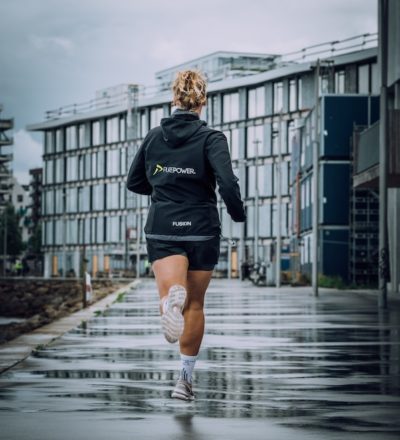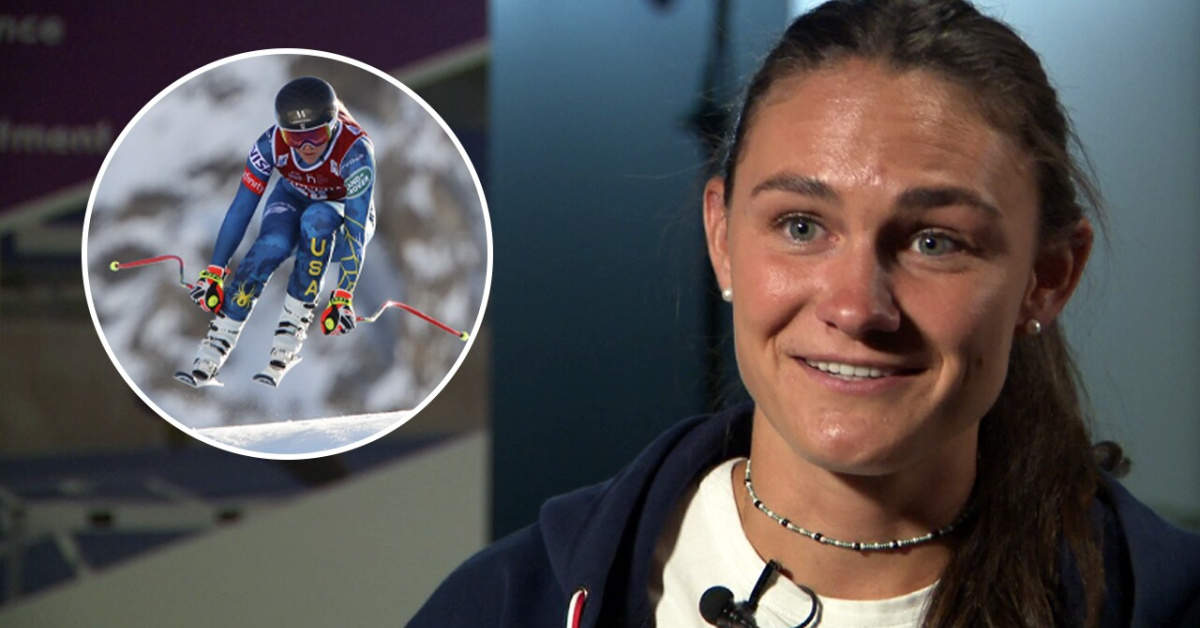Resources for Athletes with Eating Disorders
Most eating disorder treatment options do not cater to the specific needs of athletes. We understand the that the eating disorders in athletes are unique and require specialized help.
Located in beautiful Denver, Colorado, our intensive program offers treatment up to 10 hours per day, 7 days a week for elite athletes and performers. We offer affordable housing options with overnight support.
In this setting, you will receive excellent, evidence-based care from professionals who understand eating disorders AND the athletic experience.

Signs of Eating Disorders in Athletes
· Decrease in physical and/or psychological performance
· Change in weight or body shape
· Changes or isolation around mealtime
· Shifts in mood or irritability
· Conflict with teammates and coaches
· Change in behavior around teammates and coaches
· Inability to concentrate during performance or practice
· Peer reports of concern to coach
· Amenorrhea
· Chronic or overuse injuries
· Obsession, rituals, or rigidity around food or exercise
· Training beyond prescribed routine
· Training when injured or tired
· Obsessing about training details or feeling distressed when training routine is interrupted
Research and Statistics:
Athlete EDGE Literature
Read our blogs and white papers on eating disorders in the student and professional athlete community to learn more about the widespread effects, treatment, and more.
Athlete EDGE® at EDCare Ambassador Alice Merryweather Raises Awareness About Eating Disorders in Sports
Former Team USA Skier Spreading Awareness about Eating Disorders [...]
9 Warning Signs that ED Recovery, Athlete Mental Health & Performance Have Been Compromised
Reading time: 5 minutes A student athlete’s mental health, [...]
The Dangers of an Eating Disorder on Student Athlete Performance
The Dangers of an Eating Disorder on Student Athlete [...]
Frequently Asked Questions
In the context of personal and professional eating disorder treatment, patients in the Athlete EDGE® at EDCare program will get the benefits of sport-specific programming, including (click to expand):





